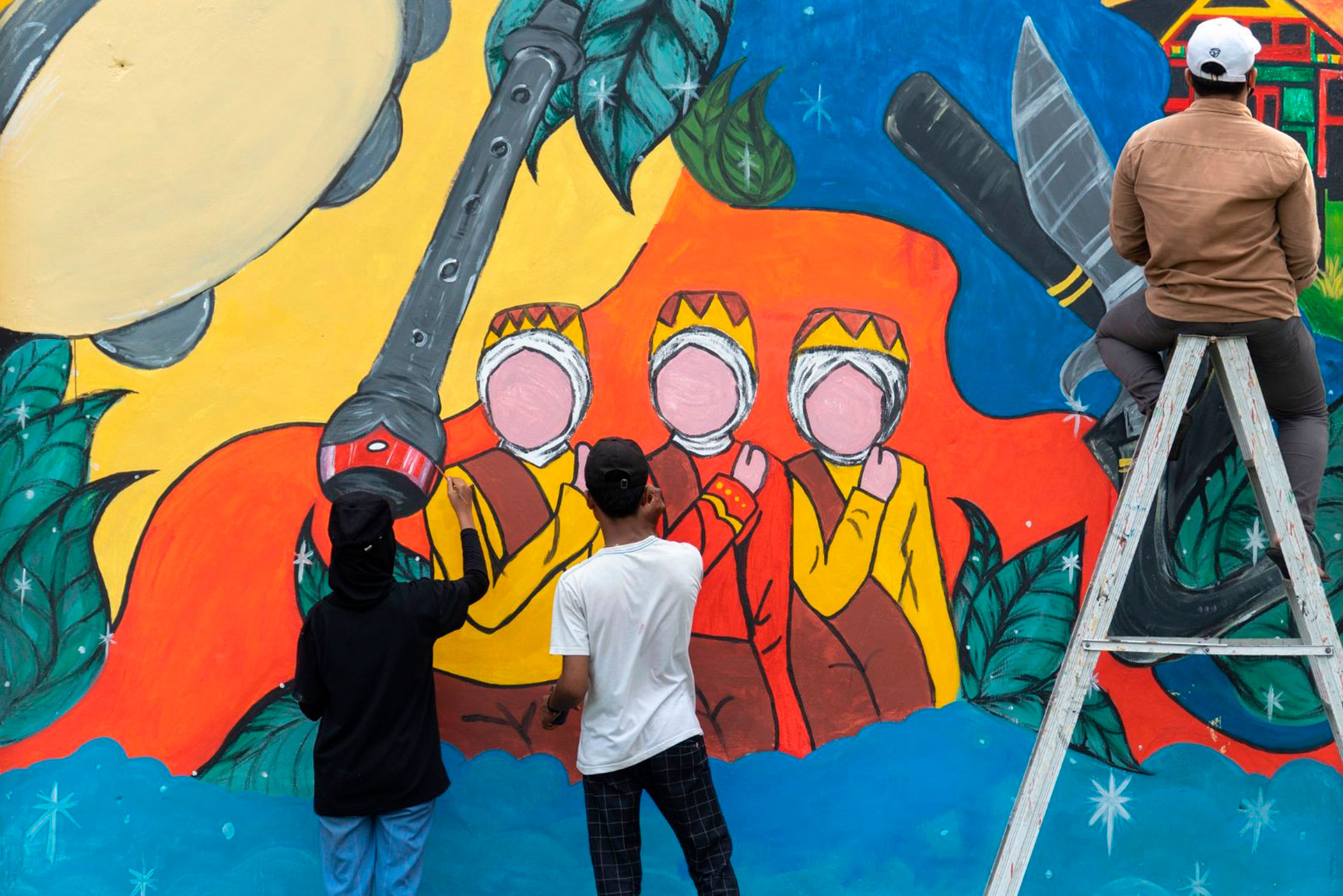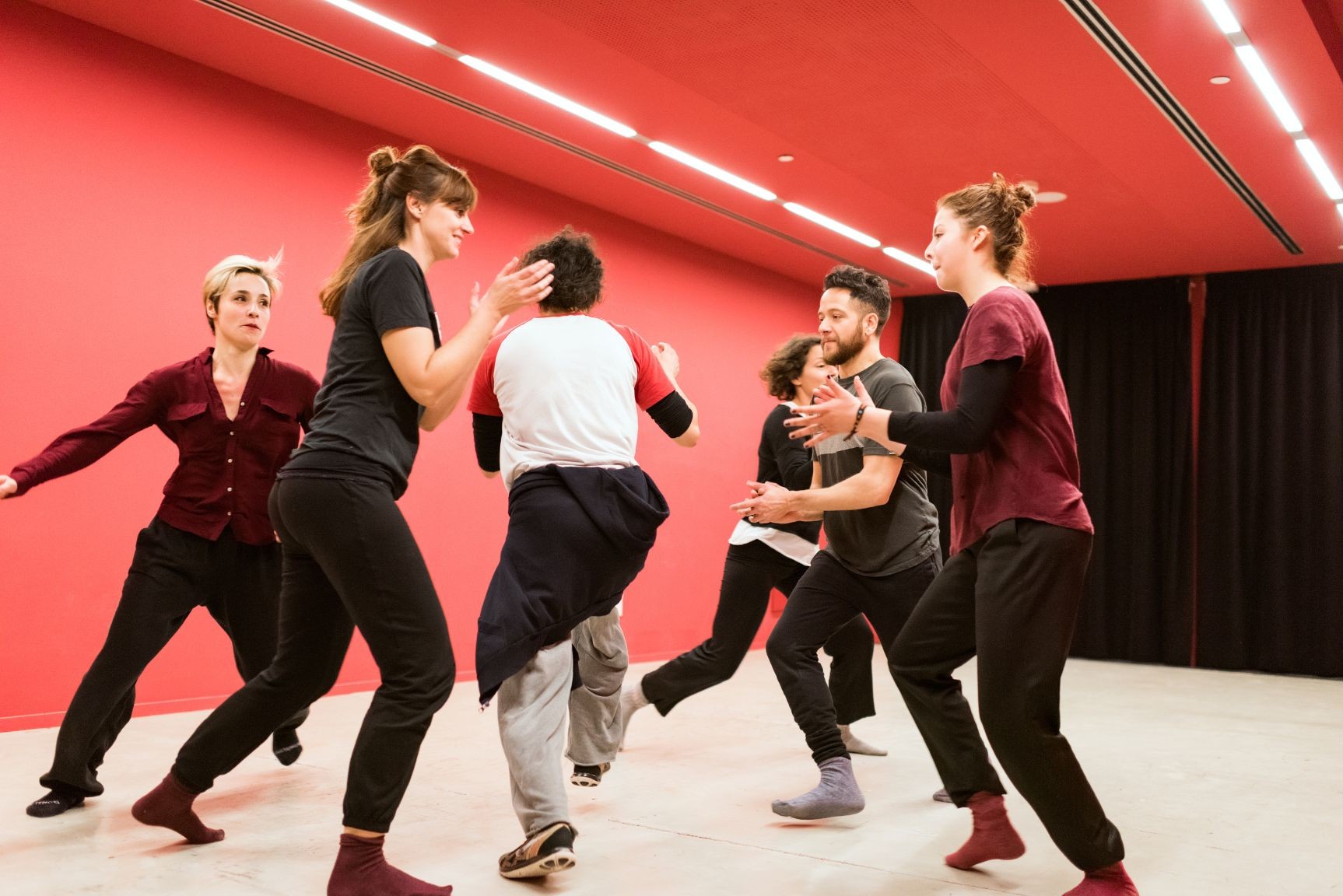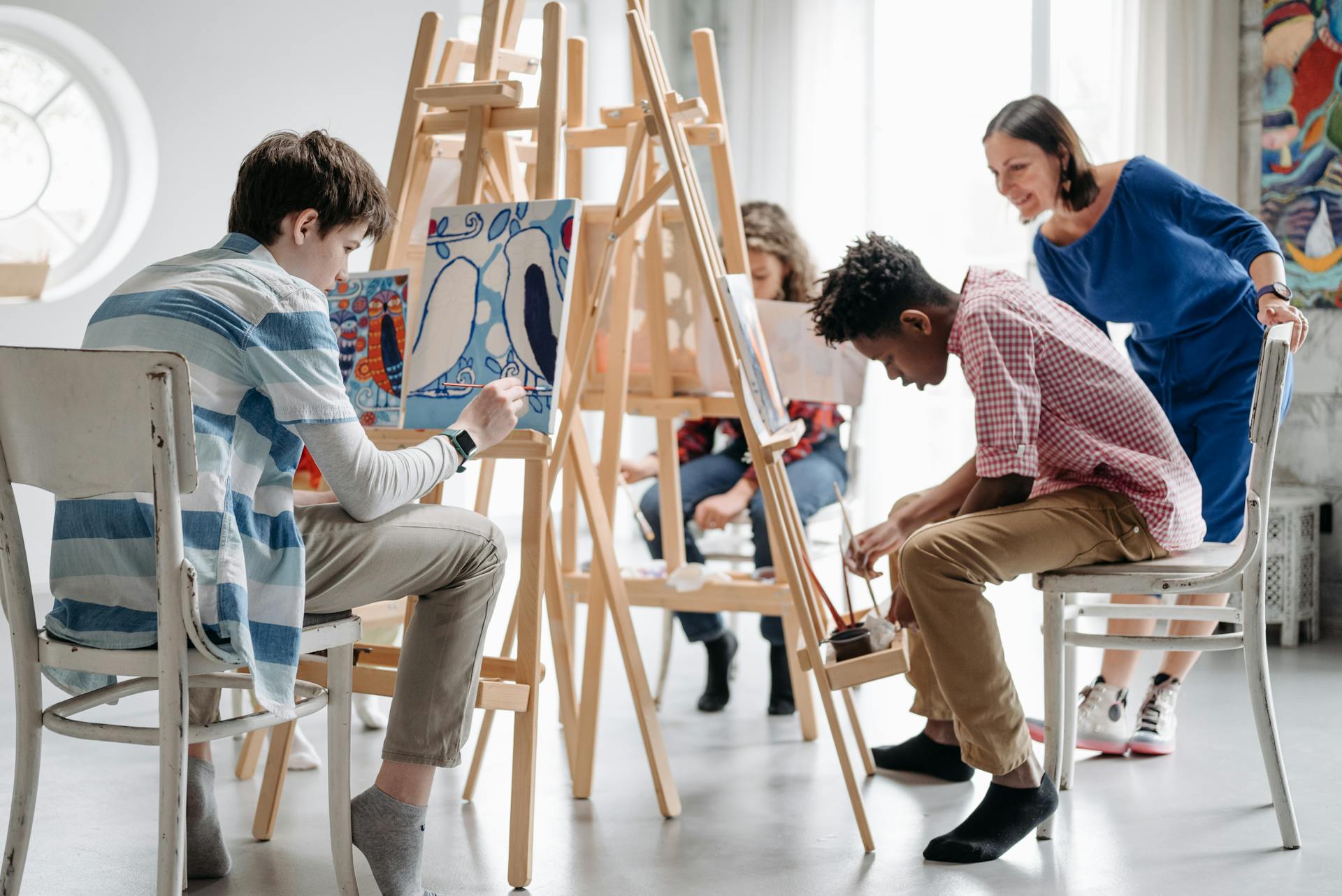Art is a tool for social inclusion, especially among vulnerable groups. It has been proven that participation in artistic activities not only boosts self-esteem and confidence but also fosters interaction and a sense of community among young people facing economic, social, or cultural barriers.
Theater, music, and dance can serve as means to promote integration, allowing individuals from different backgrounds to share creative and expressive spaces. Moreover, access to culture has been shown to help increase the employability and civic engagement of young people at risk of exclusion. Even UNESCO has highlighted the importance of art in education as a way to foster values of equality and social cohesion.
Equitable access to arts education remains a challenge in many contexts, but an increasing number of programs are working to democratize culture and turn art into a real engine for social transformation.



